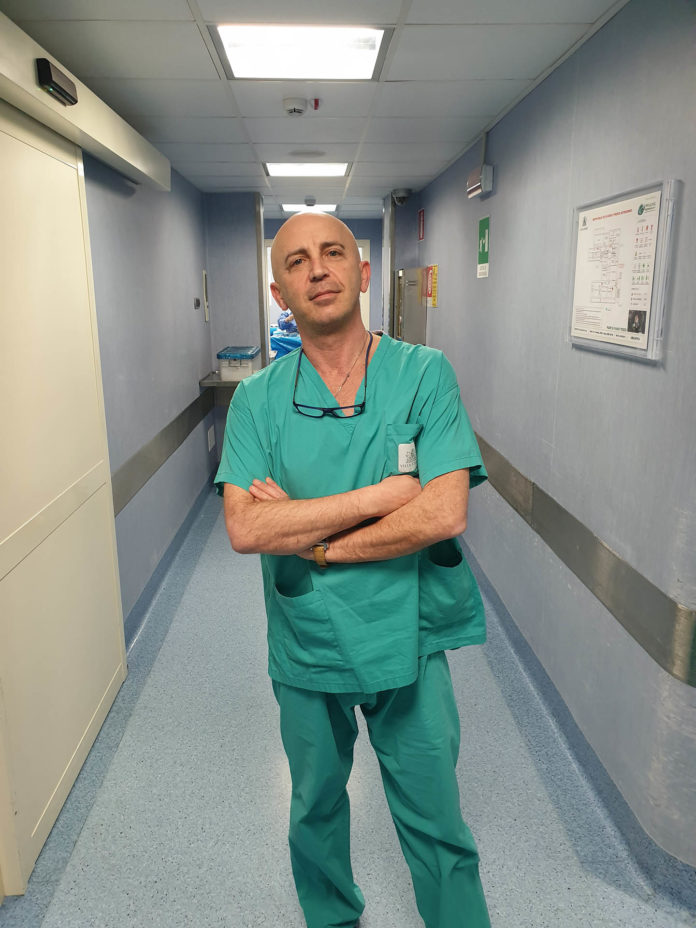ANGELO POMPUCCI Neurosurgery is that branch of medicine that deals with the surgical treatment of pathologies that, directly or indirectly, involve the central and peripheral nervous system, and more generally the skull and spine. Very often these are progressive diseases, which have a great impact both on patients, because at the brain level they have the most important functions of us human beings and therefore such pathologies violate the psychic, cognitive and emotional sphere of a person, who on society in terms of significant costs to health systems, organization and recovery of different figures in their social, work and family areas.
“In this landscape, early diagnosis is still a crucial challenge for us neurosurgeons today, because it allows patients to be directed towards timely therapies that can slow the course of the disease,” Angelo Pompucci says emphatically, Neurosurgeon highly specialized in the treatment of brain and spinal oncological pathologies and degenerative vertebral diseases, Director of the U.O.C. neurosurgery of the Hospital Santa Maria Goretti of Latina.
Dr. Pompucci, what are the very last frontiers in the treatment of neurological diseases?
One of the greatest challenges that modern Neurosurgery has overcome is the possibility of being able to cure many pathologies that affect the nervous system, an apparatus that by complexity, extent, importance and delicacy of its structures is unparalleled in the human body. However, to ensure the best possible outcome it is necessary to create virtuous circles, use the latest technologies that make Neurosurgery bordering the present and future, and collaborate in close synergy with other specialists of very high level, with which to share difficulties and challenges (neurologists, neuroradiologists and neurointensensites).
In this context, thanks to the development of increasingly sophisticated diagnostic methodologies, advanced microsurgical techniques and an in-depth knowledge of the structures and mechanisms of the nervous system, we are able to successfully deal with cases that until a few years ago they were not even considered operable: think of the pathologies with greater complexity, which significantly transfigure the aspects that characterize a person (character, sensitivity, memory, communication ability, such as those oncology and those of the vascular apparatus (hemorrhagic and ischemic stroke, atherosclerotic thrombosis, embolism, etc.).
One area in which scientific and technological progress is making an important contribution in terms of both the effectiveness of care and the quality of life of the patient is that of tumors of the nervous system, rare but often devastating effects.
Absolutely yes. Thanks to the refinement of absolutely minimally invasive microsurgical techniques, increasingly patient-sized, and thanks to the development of extremely small and precise tools, it is now possible to reach deeper areas of the to remove the lesion, minimizing procedural risks and giving the patient the ability to return to their daily activities faster.For
more info:
www.villastuart.it
www.ausl.latina.it
www.angelopompucci.it
www.medilabsancarlo.it























































